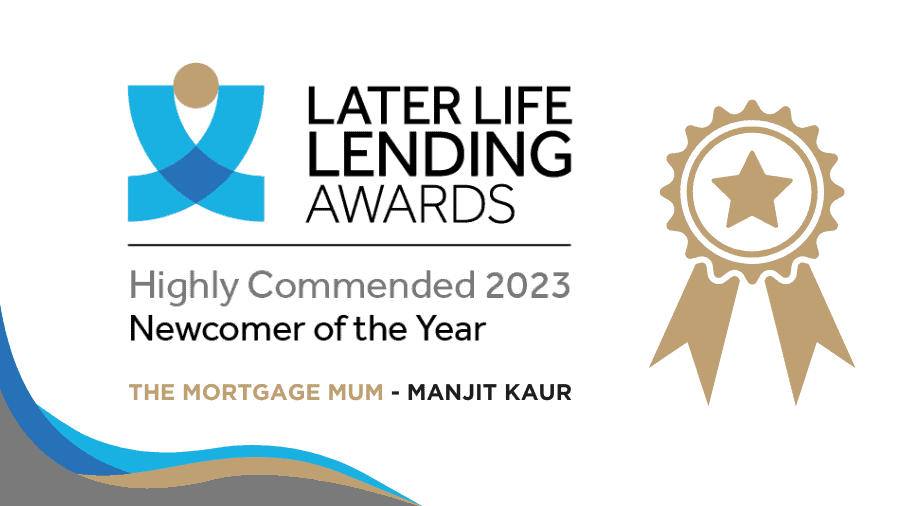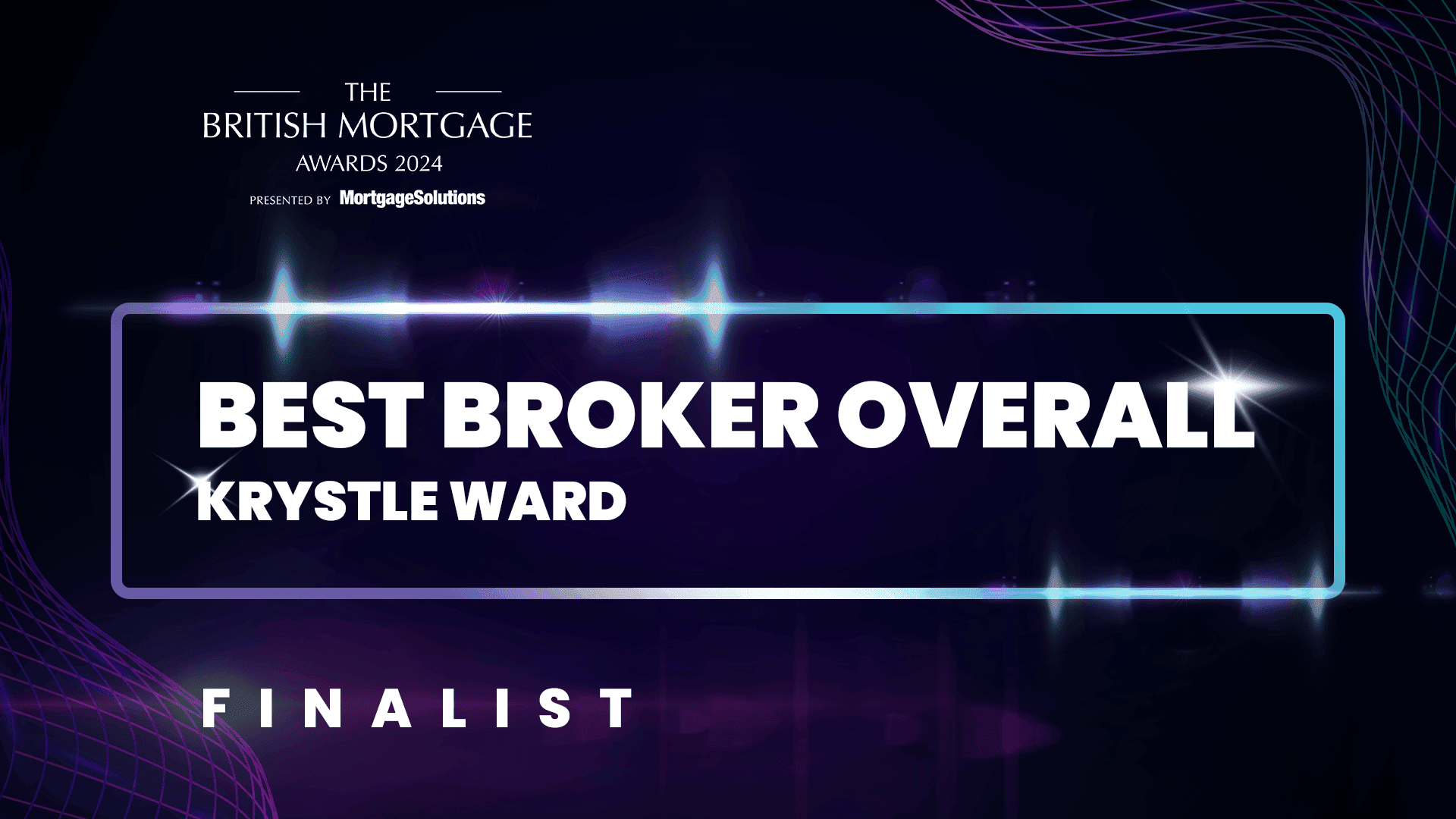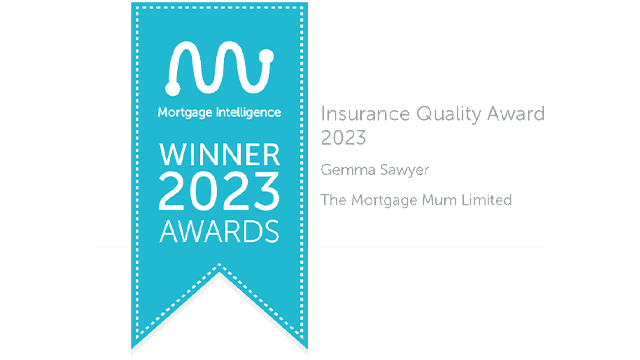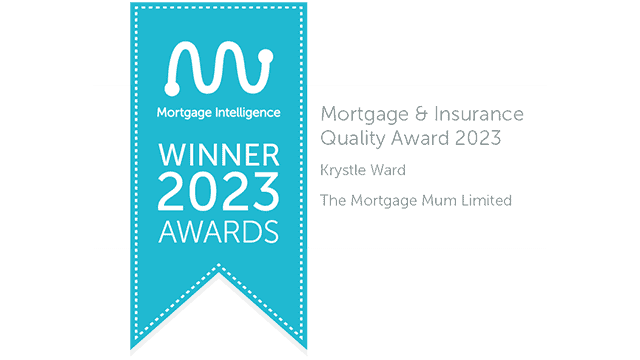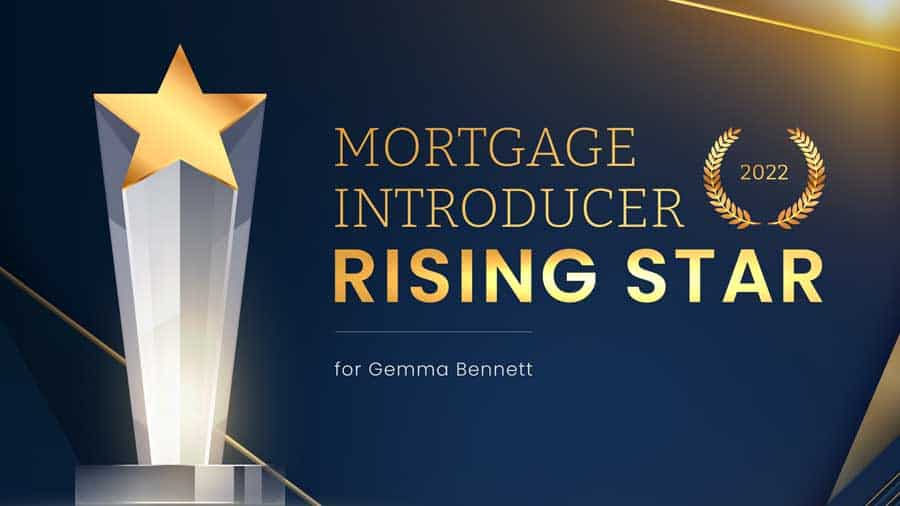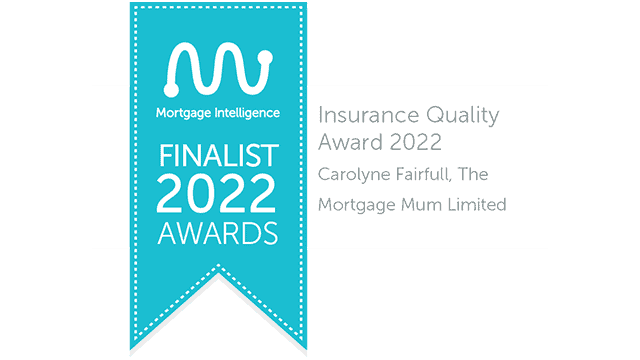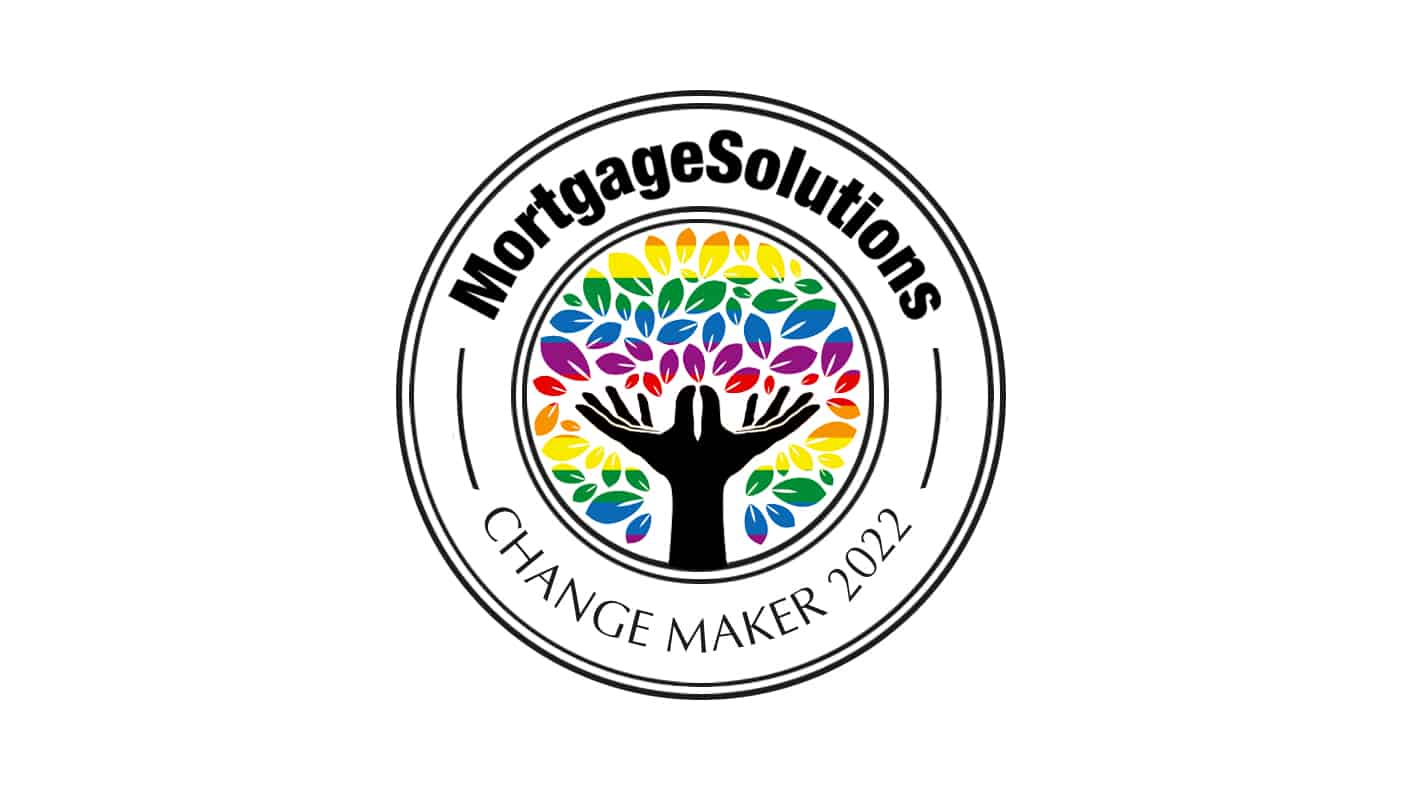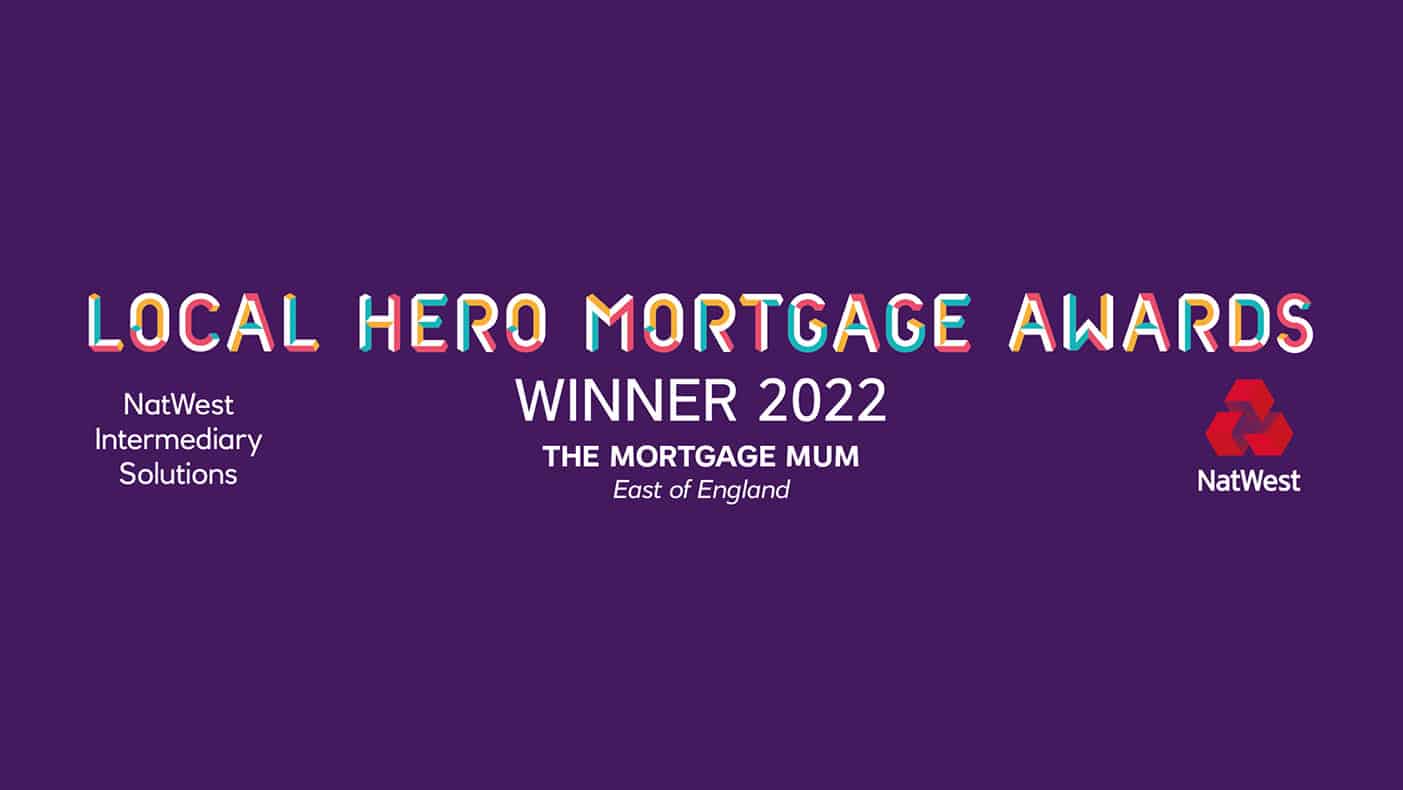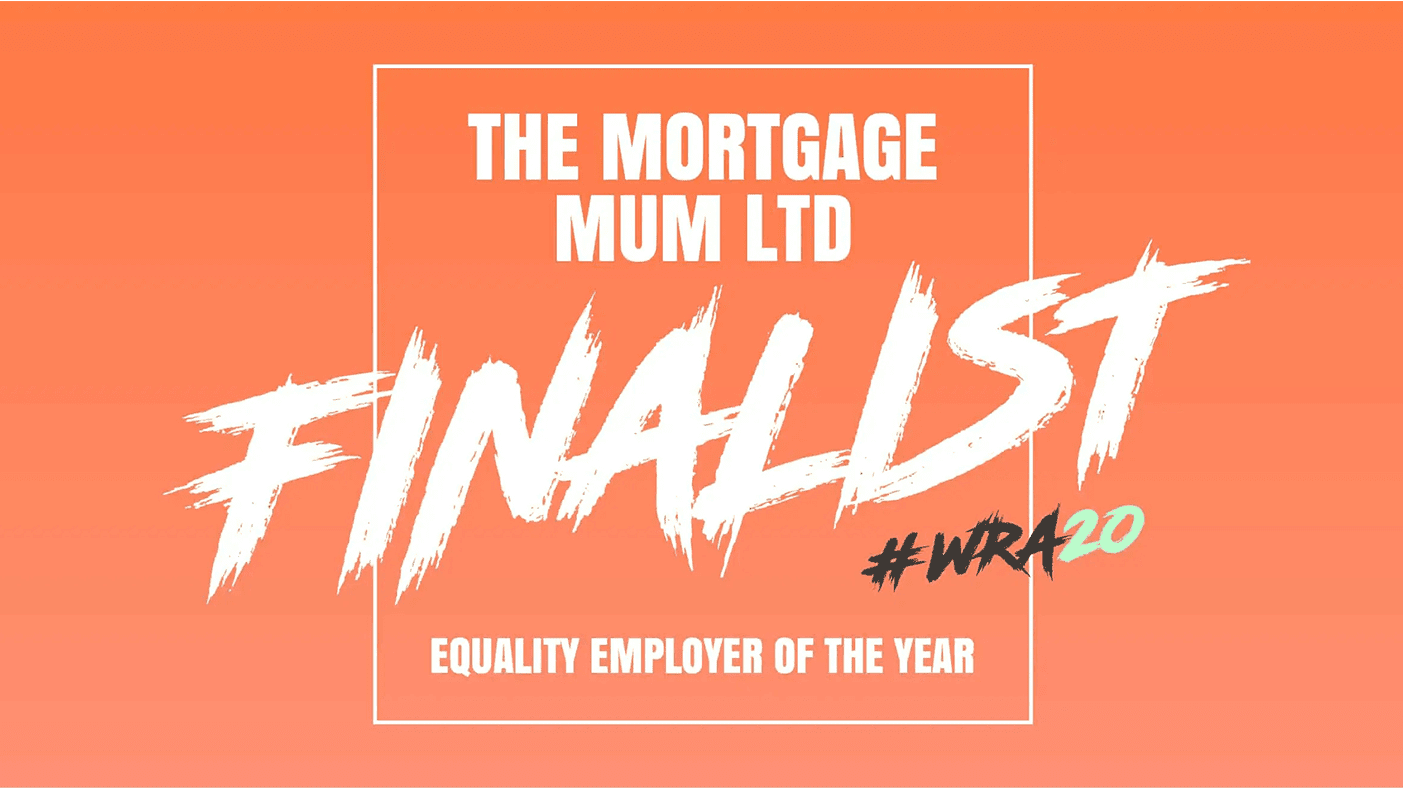PLEASE NOTE – Applications for Help to Buy were to be submitted by 31st October 2022, and is no longer available to new applicants.
Sarah Tucker, aka The Mortgage Mum, explains all you need to know about the new 95% loan-to-value mortgages, the new Mortgage Mortgage Guarantee Scheme from the government.
We’ve touched upon this in a previous episode but now the lenders are lending and here at The Mortgage Mum we are seeing the results of this and feel it’s a good time to touch base on it again in a little bit more detail and to explain to you exactly what it means to get a mortgage with 95% Loan-to-Value and to run through what the difference is between the Mortgage Guarantee Scheme 95% loan-to-value mortgages and the normal High Street mortgages
What’s the difference between the Help-to-Buy scheme and the Mortgage Guarantee Scheme?
The Help-to-Buy scheme was also a government incentive and it’s actually helped over 100,000 households get on the property ladder, which is incredible. So it’s a great scheme, but it’s only available for new build properties. Now that has continued it’s changed from 2021 to 2023. It used to be available for homeowners as well, but now it’s only for First Time Buyers, but the main difference between the Help-to-Buy scheme and Mortgage Guarantee Scheme is yes, you can buy a property with a 5% deposit, you have to be a First Time buyer and it has to be a new build property.
The difference here is the government support you by giving you a 20% extra deposit, that’s interest-free for five years, and that’s how they help you.
With the Mortgage Guarantee Scheme, they’re helping you in the background by giving the lender a guarantee, which means that the lenders are happy to lend you the money. You don’t really need to know the ins and outs of how that works. But essentially, if for whatever reason you don’t pay your mortgage (and that’s called defaulting on your mortgage) and your lender has to sadly get your property to repay the debt back, the government are basically saying that they will back some of that so that they will take some of the loss so that the mortgage lender is more willing to take the risk.
So they’re essentially taking some of that risk away from the lender. So the benefit to you isn’t as obvious, but it is still there because, without it, that lender probably wouldn’t give you that mortgage with a 5% deposit. So that’s a major difference.
The other thing is the Mortgage Guarantee Scheme doesn’t have to be on a new build property and it’s also available to homeowners. So that’s a big difference. New build, First Time Buyer, possibly Help-To-Buy is your answer. Not a new build, not a First Time Buyer, or First Time buyer and not a new build is going to be the Mortgage Guarantee Scheme, or perhaps not either scheme if you find a lender, that’s happy to do it anyway. That’s where a broker comes in.
Why has the government launched the scheme?
They really want to help and we think they’ve done brilliantly in helping in all sorts of ways.
Obviously, the Stamp Duty Holiday is coming to an end very soon as this episode is recorded, but that has really boosted the economy and the market. And this scheme is another boost, another sign from the government and actually since 2010, with the government schemes in property Help-to-Buy and Right-to-Buy, there’s actually 681,000 households that have been positively affected. So we have gratitude for the government for what they do to support our industry. This is just another great positive sign from them.
What is the information you need to know on this?
We don’t like to talk about specific rates because they change all the time. What we will say is the rates get higher the lower your deposit is just generally, because you have to think about it from a lenders point of view, the risk is greater. So they charge you more because the risk is greater.
So the rates are likely to be higher obviously than if you had a bigger deposit and lots of people ask “should I just get a bigger deposit? Should I just wait?” That’s a really personal decision, which requires a personal conversation.
It really depends. Why do you want to move out now? Can you afford the monthly repayments with 5%? How long will it take you to get the other 5%? And what does waiting mean to you? Obviously the bigger the deposit, the better, but it’s about what it is in your life. Does waiting impact your life greater than saving money on a rate and getting a better deal? These are the sorts of conversations we would have with you to make sure that you’re making the right decision for yourself.
The answer isn’t straightforward. Yes, save for a bigger deposit. It really depends. Chat with us and we’ll help you find the answer if you’re not immediately clear.
Can I use the new 95% Mortgage Guarantee Scheme and take advantage of the stamp duty validates time?
The answer is yes, absolutely. However, as we record this episode, we’re in the middle of May and by the time it goes out, it will be the end of May. You’ve missed the boat for the big Stamp Duty Holiday which ends up at the end of June, but there’s a saving of stamp duty to the end of September on properties up to £250,000. So you may still be eligible for that, but any more than that, then that is ending. Conveyancers and solicitors are working really hard just to keep on top of the sales they’ve got going through already.
Will house prices go up or down and what are the advantages and the risks and the disadvantages?
We don’t have a crystal ball. We have lots of crystals, but not a crystal ball! We think the Stamp Duty Holiday has probably helped the market. Lots of people have been buying that perhaps wouldn’t have been buying if it wasn’t for the Stamp Duty Holiday. That has created a busier market and that has pushed house prices up, because of demand. Demand will always increase the price of something. If something’s in high demand, then the price will go up.
Sarah Tucker’s dad is an estate agent and he’s getting an average of eight or nine offers for every property that he sells at the moment, which is an incredible amount of interest. It’s a very competitive space right now.
It’s naturally going to slow down a bit because there’s going to be some people that can’t afford to move anymore without the Stamp Duty Holiday saving.
However, we think the market will stay busy, however. Lockdown has really taught to us how important our homes are. Lots of people are renovating and want to release equity for home improvements. Lots of people are building offices in their gardens, lots of people like working from home and wants us to spend more time in their homes. So homes have become really important even more so than they were before.
The risk of the Mortgage Guarantee Scheme. There’s no real great risk to you other than making sure you can afford that mortgage, but it’s our job to make sure that you can, and the lenders and their income multiples are not extremely high for the 95% guarantee schemes.
They’re ranging, but there are about four and a half times your income on a basic level. So making sure you can afford the mortgage is our job, but really outside of that, the risk is ensuring your own personal situation is ready to take on a commitment because it is a big commitment.
Other than that, we don’t see any risks to you and with the Help-to-Buy scheme, it’s a bit different. It’s important that you understand that if the property price goes up, so does the amount you owe. So if, if you do borrow that 20% interest-free, it’s going to be 20% of whatever the value of the property is when you pay it back. So that is a risk, that you could end up paying more back than what you would’ve paid if you had the cash initially.
Speak to an expert
We will work at times that suit you and your family, carrying out appointments via video call, telephone or email, giving you the benefit of first class service, around your own schedule, and in the comfort of your own home. So let us handle your mortgage today and find out how well we can look after you, The Mortgage Mum way!
What are the alternatives to the Mortgage Guarantee Scheme?
Let’s look at alternatives to the Mortgage Guarantee Scheme because if you are somebody that’s looking to get on the property ladder, it’s important that you understand there are lots of options for you. So you’ve got the Mortgage Guarantee Scheme that we’ve spoken about, which is paying a 5% deposit and we know that there are six banks out there. They’re going to lend you a five-year fixed rate. That is one of the restrictions you have to lend for a long period of time. Second homes and Buy-to-Let properties are not allowed. It’s available to First Time buyers and homeowners in the UK. It has to be a repayment mortgage. It can not be interest-only and the property has to be purchased at £600,000 pounds or less. That’s the Mortgage Guarantee Scheme.
The Help-to-Buy equity loan scheme, the new scheme launched in April 2021 until March 2023. And that, as said earlier, gives you the ability to borrow 20% interest-free to add to your deposit. You can put more than 5% deposit down and get helped by and in London, you can borrow more than 20%, up to 40%. The amount is different for every single area. So it used to be capped at £600,000, it seems to be quite similar to this new Guarantee Scheme. Now it depends where you live depends on the cap and they range quite a lot. So we would advise you to go onto the government website and just check out the different rate categories.
We’ve got a whole episode on Help-to-Buy the new scheme in The Mortgage Mum podcast. So we’d just recommend if you are keen to find out more about that, listen to that – https://themortgagemum.co.uk/2021/05/19/the-highs-and-lows-of-help-to-buy/
Likewise, I’ve also got an episode on shared ownership, shared ownership is as it sounds, you buy a portion of the property and you rent the other half or the other bit of the portion that you’re not buying. Essentially. If you’ve got a low deposit and low affordability, it can be a really good way of getting on the property ladder and working your way up to owning an entire property of your own. It’s very affordable and it’s a lot better. We know lots of people that have used it again, there’s a whole episode on that on The Mortgage Mum podcast that I would recommend you listen to if you’re interested. https://themortgagemum.co.uk/2020/12/10/shared-ownership-the-basics/
But there’s also family assist schemes and guarantor mortgages. So these are where your family or ‘the bank of mum and dad’ can help. We’re going to be doing a whole episode on this soon because we think it’s really important.
Lots of parents come to us and say, ‘how can I help my kids?’ There are so many ways, it’s not just about giving them the deposit. You can boost your children’s affordability by being on their mortgage. You don’t have to be on the deeds of the property, you can just be on the mortgage to help boost their affordability. You can also put money into a special savings account, which will act as their deposit – with Barclay’s family springboard – and you’ll get the money back plus interest. Your children can get on the property ladder using that as a deposit and you get your money back. So it’s not all about just gifting them the deposit. There are lots of other ways and lots of other schemes that you can do, but they vary from lender to lender. There are things out there for you and we feel really positive that there are lots of options.
We hope this episode has inspired you and made you realise the options available. Keep going with your savings and keep your vision really, really clear as to why you’re saving and what you’re doing this for. Lots of us can look for the short term benefits of spending money, especially after lockdown. We’ve been locked in and lots of people want to spend. Just remember every penny and pound you save is getting you closer to you to putting in the key in the door of your own home. There is no feeling quite like it!
If you are a First Time Buyer that you’re remembering that you can also benefit from the lifetime ISA. This is a long-term savings product, and it’s intended to support younger people saving for their first home or for later life. So from the 6th of April, 2017, adults under 40 have been able to open a lifetime ISA and save up to £4,000 each year until they reach 50 and you’ll get a 25% government bonus on your savings. Those funds can be used to purchase a first home 12 months after opening a lifetime ISA.
If you’re a First Time Buyer who already held a Help-to-Buy ISA (cause they don’t exist now) you can continue to save into those accounts until November 2029 and you’ve got up until December 2030 to claim up to a maximum of £3000 government bonus towards the purchase of your first home. So although you can’t get them anymore, if you have still got money in them, you can continue to save in there. That’s just worth pointing out at the end of this episode, in case anyone wasn’t aware of those two points.
We’re passionate about helping people, particularly with a 5% deposit because we know how in despair you were last year. If you just want to chat about it, get in touch. We are more than happy to help you. We can’t wait to help you move or get on the property ladder.

























